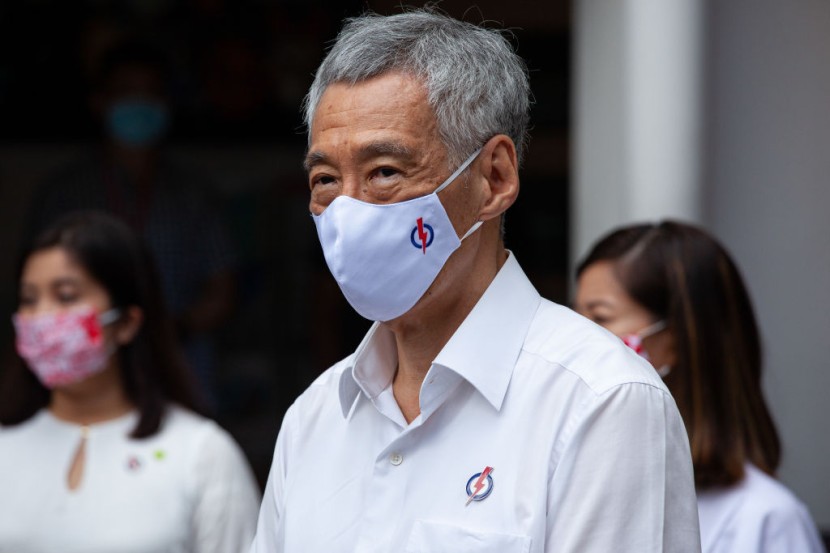
Singaporean Prime Minister Lee Hsien Loong announced the government's plan to pass legislation aimed at promoting and maintaining racial harmony and preventing discrimination in the workplace.
On Sunday, the official made his National Day Rally speech, where he said the new law would be called the Maintenance of Racial Harmony Act. The prime minister said the legislation was designed to collect together in one place all the government's powers to deal with racial issues in the workplace.
Singapore's Anti-Workplace Discrimination Legislation
The Penal Code and Sedition Act have various laws that combat serious racial offenses, including hate crime or causing racial enmity. But the Maintenance of Racial Harmony Act would include "softer, gentler touches," the official said.
"For example, the power to order someone who has caused offense to stop doing it, and to make amends by learning more about the other race and mending ties with them. This softer approach will heal hurt, instead of leaving resentment," Lee said, Yahoo News reported.
The prime minister said that the country has never before implemented any of the punishments in another similar law, the Maintenance of Religious Harmony Act. However, Lee said that the existence of the legislation itself was already bringing a salutary effect to the nation.
The decision to pass the law was made amid a series of racist controversies that occurred during the coronavirus pandemic. Lee's address focused on residents that were affected by these incidents and vaunts social harmony.
The legislation's measures mark one of the biggest recent updates to a set of policies in the country by the People's Action Party's (PAP). The prime minister's priorities also included workplace discrimination and economic stress faced by low-income employees. During his speech, Lee announced an expansion of the progressive wage model that Singapore has been using in place of a universal minimum wage for some time, the South China Morning Post reported.
Complaints Since Before the COVID-19 Pandemic
Lee's announcement came after speaking out about the government's need to support Singaporean workers' plea for assistance regarding workplace discrimination. The official said foreigners in the country were growing restless in the region. The prime minister said the problem had always been there since before the start of the coronavirus pandemic but noted that the health crisis intensified the issue.
The Singaporean prime minister also addressed the complaints about the number of foreigners in the country's finance sector. He said there were many who expressed concerns about financial institutions and IT companies who were allegedly hiring too many foreigners. Lee reassured residents that there would be fair treatment at the workplace.
Lee argued that the country's finance and IT companies focused on both regional and global functions, which required them to have local and foreign talent on their teams. He added that skills in the sector were in short supply, which forced the growing sectors to hire more people.
The prime minister noted that the companies have hired too many Singaporeans, training local residents to acquire senior and international positions. He said that if the companies did not expand to Singapore, many more residents would have lost job opportunities, Channel News Asia reported.
Related Article : Joe Biden Blasts China for Withholding Critical Information on COVID-19 Origins After Beijing Warns Counterattack








